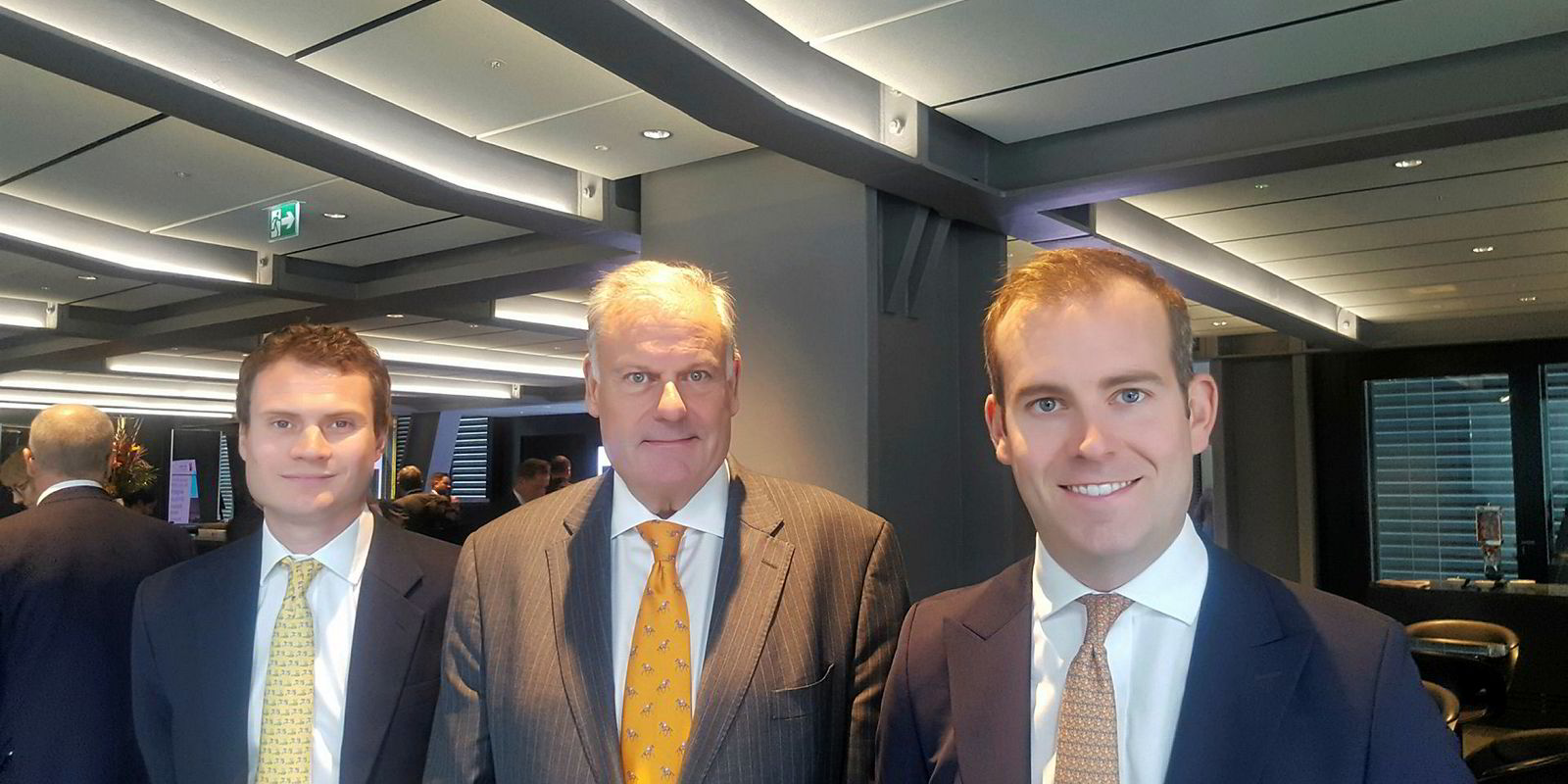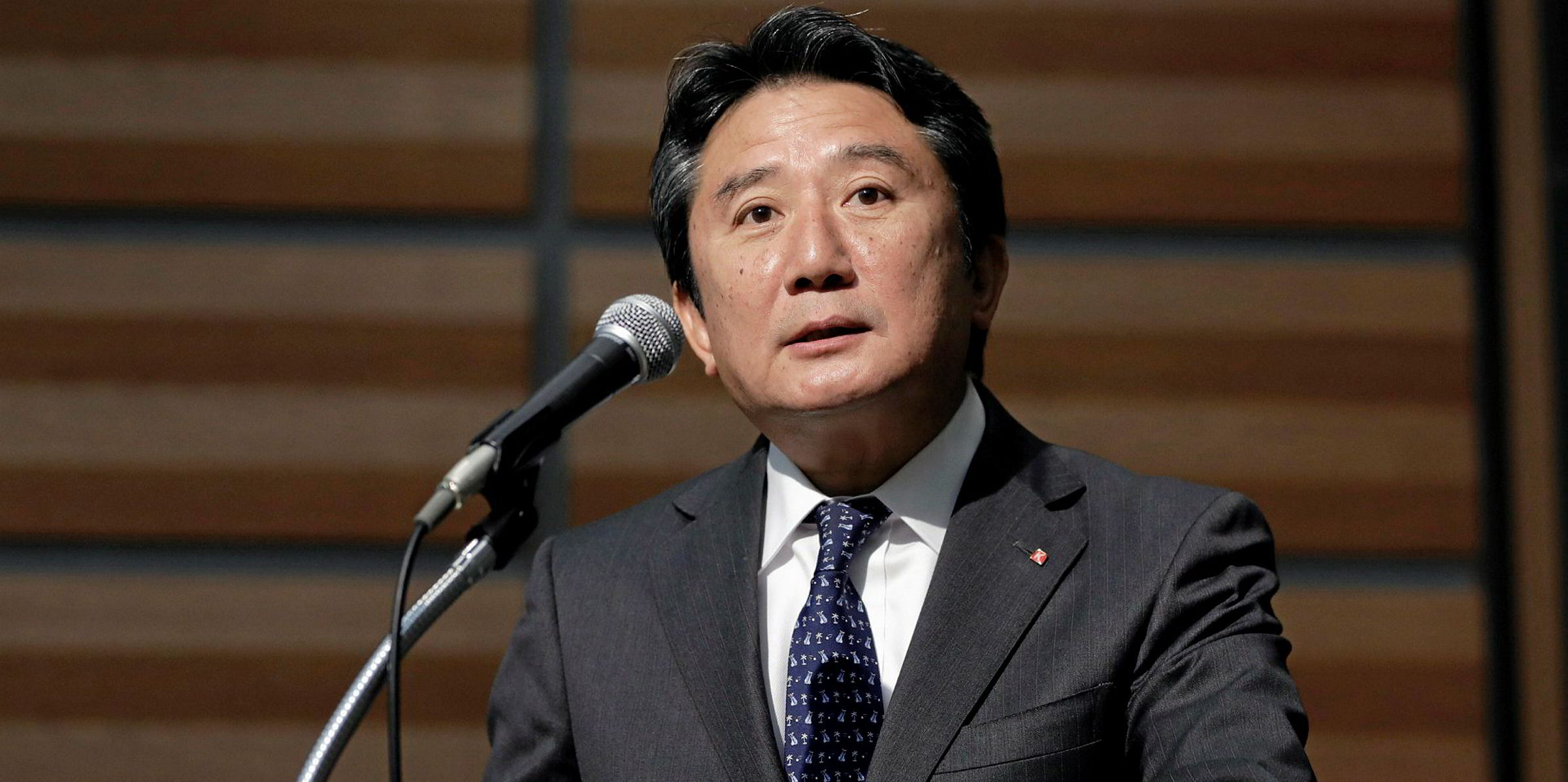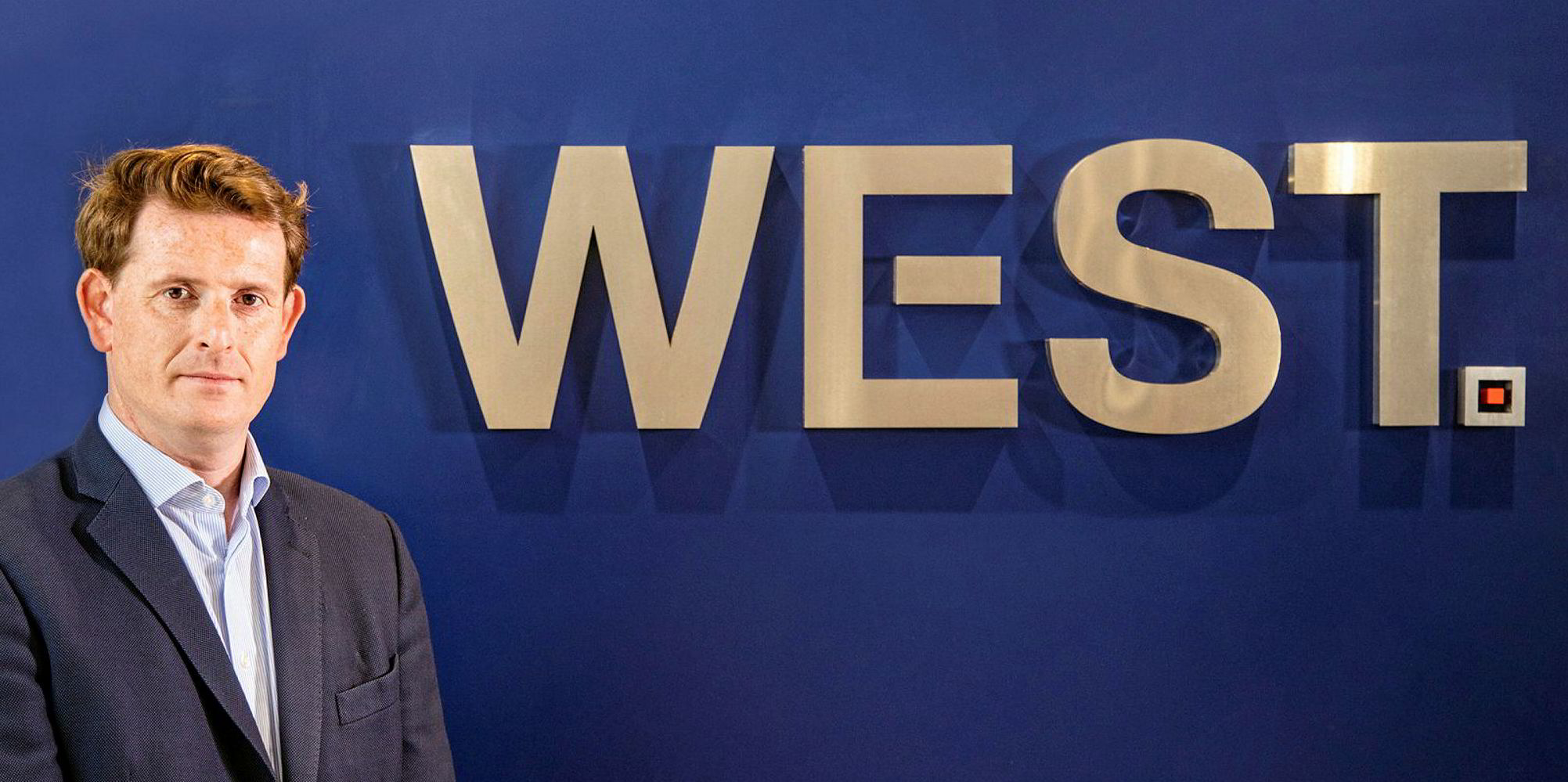The 13 insurers in the International Group of Protection & Indemnity Clubs are coming under growing pressure to increase premiums at the next renewal after the outlook downgrade of the London P&I Club.
The change in Standard & Poor’s assessment of the club is the clearest indication yet of the negative impact of widespread underwriting losses that were reported by International Group members last year.
In the 2018 policy year, 10 International Group members reported underwriting losses.
Underwriting performance
Broker Aon estimated the average combined ratio, which indicates underwriting performance, across the International Group was about 110%.
A combined ratio of 100% represents break-even and anything above that figure represents an underwriting loss.
The current deficit between premium income and claims costs comes after five consecutive years of premium erosion, with a sudden spike in costly claims at the end of last year and first quarter of this year.
So far, mutuals have been able to resist increasing premiums on the back of strong investment returns and, to some extent, income from diversified business lines and several low claim years.
However, the recent run of high-cost casualties has demonstrated how vulnerable premium erosion has made International Group members' earnings to an increase in claims.
Since last year, almost all of the clubs have been warning that such a prolonged period of five consecutive years without a general increase was “unsustainable”.
General increase
Last year, the West of England was the only mutual P&I insurer to opt for a general increase but this year several P&I clubs have already hinted that a rate rise is likely.
“Although the cost of large claims may be exceptional, it highlights the need for future action on premium rates,” UK P&I Club said in its latest earnings statement.
Traditionally, Britannia P&I is the first club to announce its decision on a general increase in the autumn.
However, as one of the financially strongest of the P&I insurers, it is one of the least likely to go for a general increase.






